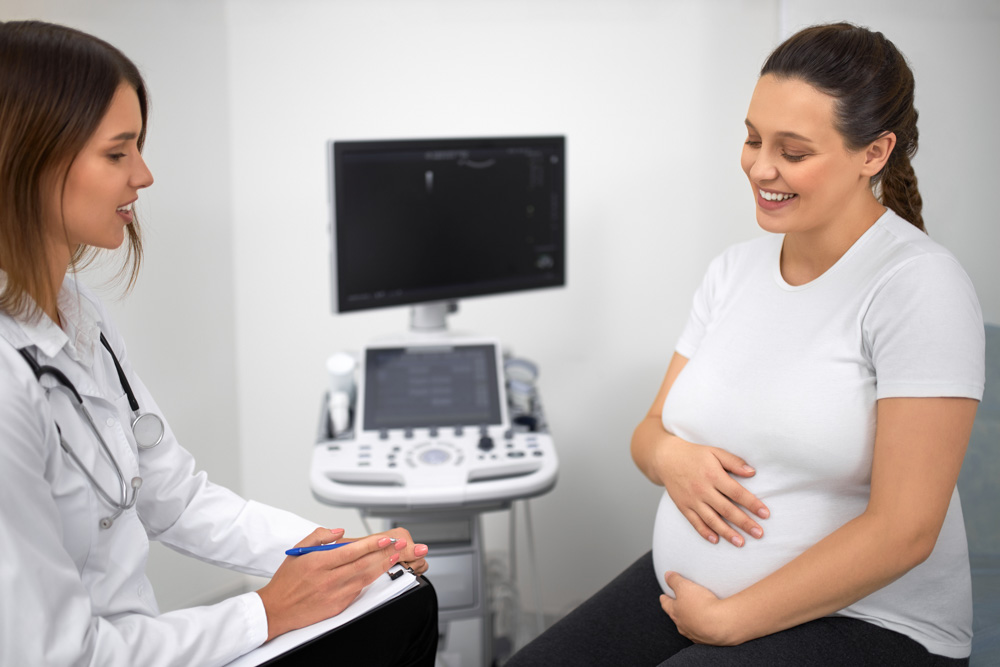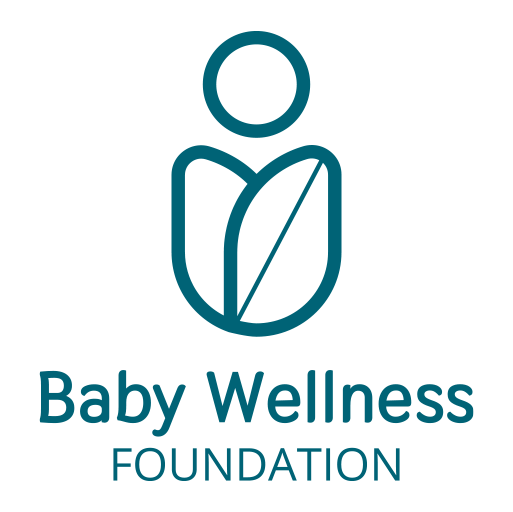Il suo benessere inizia molto prima della nascita
Chapter 5 – Informed and Well-Supported Mothers
Access to accurate knowledge and to counseling that respects personal choices has concrete and measurable effects on the health of the expectant woman and her unborn child. Evidence shows that future mothers who receive proper information from healthcare professionals and are involved in decisions about pregnancy management are less likely to undergo cesarean delivery, more likely to start breastfeeding early — within 2 hours of birth — to continue it for longer — over 5 months — and are less likely to need to bring their babies to the hospital for any reason during the first year of life (17).
In an era where pregnant women are overwhelmed by alarming messages of all kinds, fake news, and unsolicited interference, evidence-based information becomes a valuable health promotion tool — a tool that, according to the Guidelines for Physiological Pregnancy Care published by the Istituto Superiore di Sanità, helps future mothers “make informed choices based on their needs and preferences, after discussing them with the professionals assisting them.”
It is in this way that the woman becomes an active protagonist of pregnancy and childbirth: healthcare professionals inform, accompany, and advise her, but the decisions are hers.
Who are the professionals who support future mothers during pregnancy? In Italy, 66% of women rely on private gynecologists, 17.5% on public hospital staff, and 16.4% on staff from local family counseling centers (18). All of them value continuity — the chance to be followed during pregnancy, childbirth, and postpartum by the same person, with whom a relationship of trust is established. And in fact, continuity is also beneficial to health, according to the World Health Organization (19). It is associated with a lower incidence of hospitalizations during pregnancy, less frequent use of vacuum extraction during birth, higher breastfeeding rates, and greater maternal satisfaction (20).
In addition to being continuous, care must be essere differentiated based on risk, that is, it must include a path of tests and medical interventions that differs depending on whether the pregnancy is physiological or complicated by conditions or risks. Managing all pregnancies as though they were high-risk, in the name of the precautionary principle, leads to unjustified expenses — often borne by the woman — and a higher likelihood of inappropriate, unnecessary, or even harmful interventions.

Subscribe to the newsletter
Be the first to receive the latest news from the Baby Wellness Foundation!
The qualified professional to care for healthy women during low-risk pregnancies is the midwife, who has the role of supporting and encouraging physiology, while remaining attentive to signs of pathology or risk and, if necessary, involving the gynecologist or other specialists.
Both the Istituto Superiore di Sanità and the World Health Organization agree on the value of this care model: a woman who is followed continuously during pregnancy, childbirth, and postpartum by a single midwife or a small group of midwives with whom she has established a trusting relationship — and with the possible involvement of a gynecologist or other specialists in the event of complications — has a lower probability of hospitalization during pregnancy, less need for medical interventions such as vacuum extraction, cesarean section, and episiotomy, and a higher level of satisfaction and sense of control.
In our country, midwifery care during pregnancy is offered free of charge by family counseling centers and hospitals, and privately by independent midwives.
(17) M. Grandolfo, S. Donati, A. Giusti, “Indagine conoscitiva sul percorso nascita, 2002. Methodological aspects and national results’, National Centre for Epidemiology, Surveillance and Health Promotion – Istituto Superiore di Sanità, 2003
(18) ‘The reproductive health of women’, ISTAT, 2017
(19) ‘Recommendations on antenatal care for a positive pregnancy experience’, WHO, 2016
(20) ‘Guidelines for the definition and organisation of self-care by midwives for pregnancies at low obstetric risk’, National Birth Path Committee, Ministry of Health, 2017
Leggi le opinioni di...
Leggi le opinioni su questo articolo da parte di fonti autorevoli in campo scientifico o di aziende specializzate.

No comment yet, add your voice below!